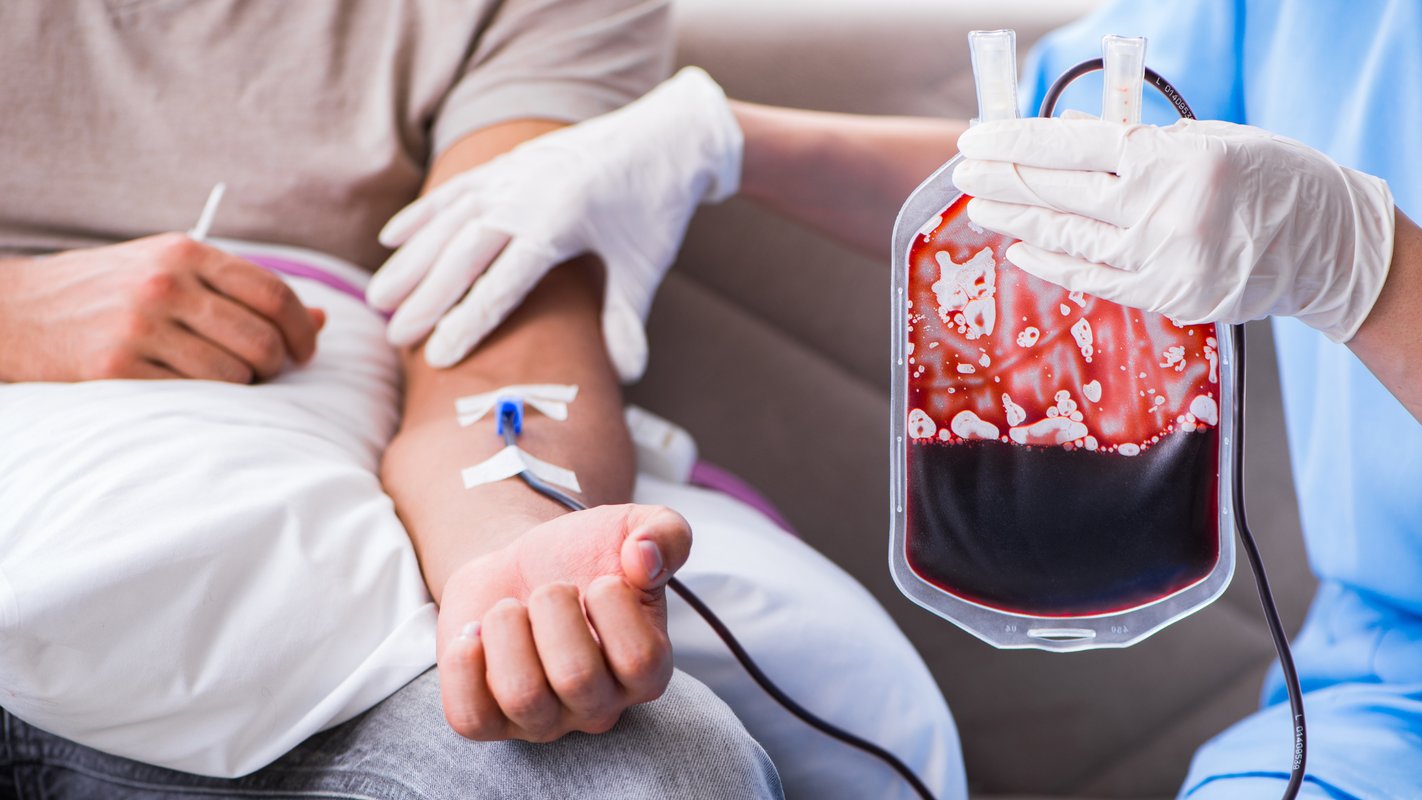How to Become a Phlebotomist in Kentucky

Phlebotomy is a critical component of healthcare, ensuring accurate diagnostic testing, transfusions, and medical research. With an 8% job growth projected through 2033 (BLS), phlebotomy offers strong career stability. If you're in Kentucky and considering this field, this guide covers everything from training and certification to career opportunities and salary expectations.
Key Points
-
A Phlebotomist is a healthcare professional responsible for drawing blood for tests, transfusions, and research while ensuring patient safety.
-
To become a Phlebotomist in Kentucky, complete an accredited training program and pass a national certification exam (certification is recommended but not state-mandated).
-
Phlebotomy training programs typically last 4 to 8 months and are available at community colleges and vocational schools.
-
Training costs range from $1,000 to $3,000, with some programs offering financial aid or employer-sponsored tuition reimbursement.
-
The average Phlebotomist salary in Kentucky is $39,120 per year ($18.81/hour) (BLS, 2023).
Where Can I Find Phlebotomy Classes in Kentucky?
If you're looking to pursue phlebotomy training in Kentucky, Dreambound is the largest platform for students to find and compare vocational training programs. Dreambound offers a comprehensive directory of phlebotomy training programs in Louisville, Lexington, Bowling Green, and other cities.
Using Dreambound, you can compare training programs, tuition costs, and student reviews to make an informed decision about your education.
Career Paths and Opportunities after Becoming a Phlebotomist
Phlebotomy can be a stepping stone to other healthcare careers. Advancement options include:
-
Phlebotomy Supervisor: Managing a team of phlebotomists in a healthcare setting.
-
Medical Laboratory Technician: Performing laboratory tests and analysis.
-
Registered Nurse (RN): Furthering education to become a licensed nurse.
-
Healthcare Administration: Transitioning into medical office management roles.
Frequently Asked Questions
How long does it take to be a Phlebotomist in Kentucky?
Most training programs take 4 to 8 months, followed by time needed for certification exams and job placement.
Do you need a phlebotomy license in Kentucky?
Kentucky does not require a state license for phlebotomists. However, obtaining national certification improves job prospects and earning potential.
How much does a traveling Phlebotomist earn in Kentucky?
Traveling Phlebotomists in Kentucky can earn $45,000 to $60,000 annually, depending on experience and location.
What state do Phlebotomists make the most money?
The BLS data shows that California pays Phlebotomists the highest salaries, with an average annual wage of $52,370 ($25.18/hour). Other high-paying states include New York, Washington, and Alaska.
Final Thoughts
Becoming a phlebotomist in Kentucky can be a rewarding career path. With the right training and certification, you can find employment in a variety of healthcare settings and contribute to the well-being of patients. By using resources like Dreambound, you can easily find the right phlebotomy program to get started on your journey.
Dreambound offers a window into various career paths, so if you're considering a shift in your career, browse through these articles:

Athena is Co-founder and CEO of Dreambound.




